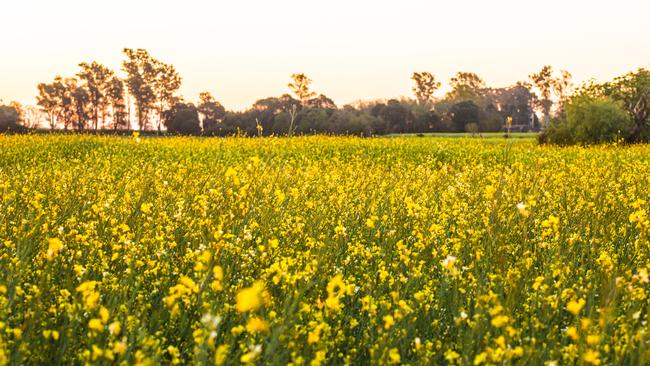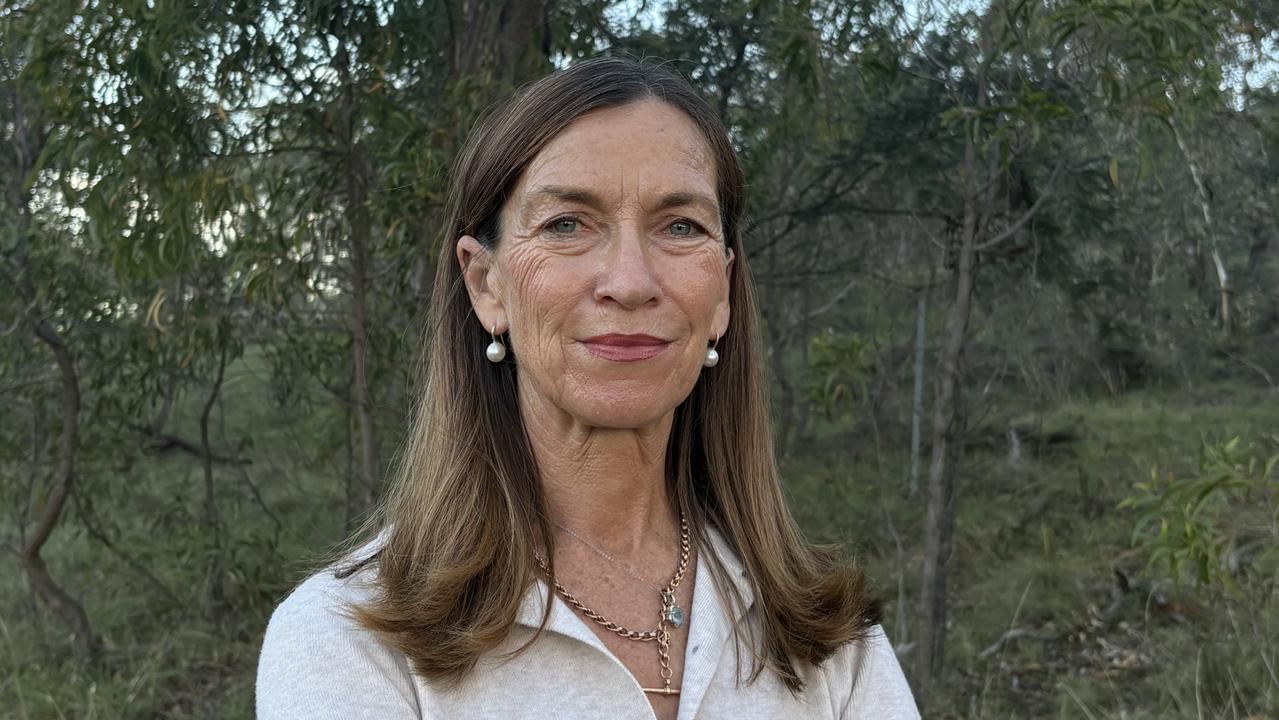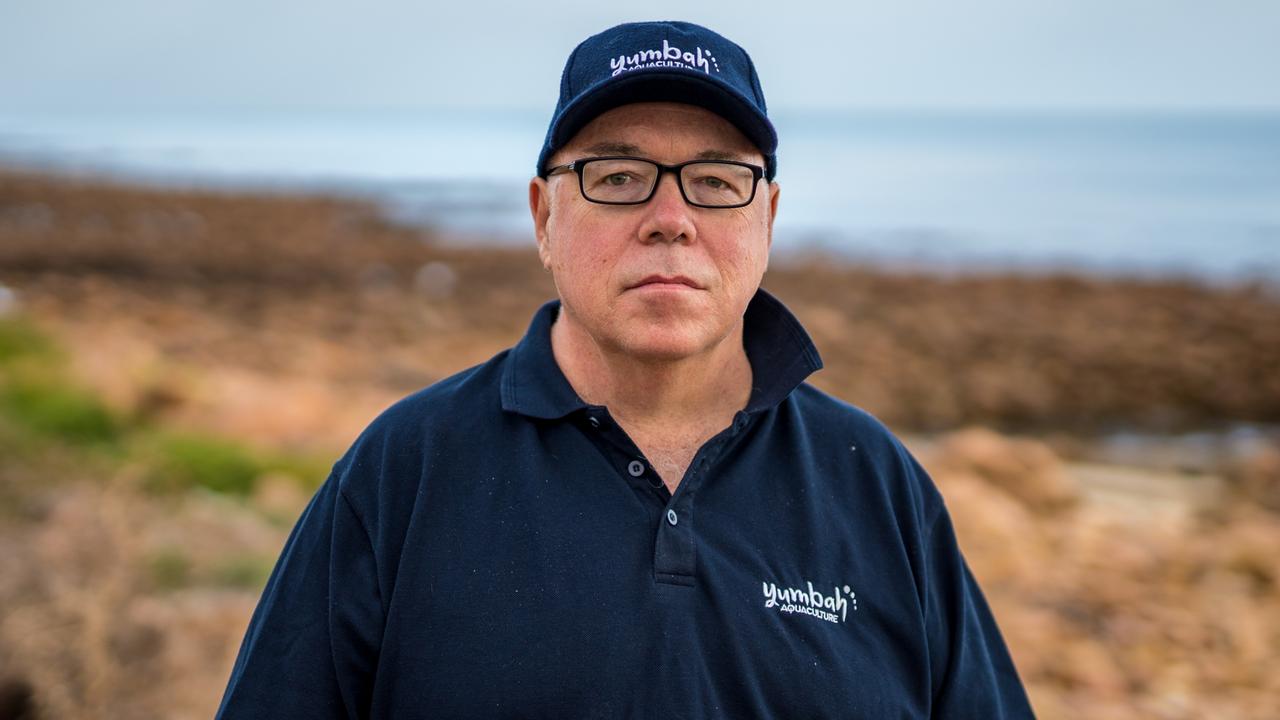Nufarm chair John Gillam calls for more government support for biofuels industry
Nufarm chair John Gillam warns Australia is slipping behind in the global biofuels race, calling on the government to boost its support for the emerging sector.

Nufarm chair John Gillam is urging the federal government to ramp up its support for Australia’s biofuels industry, or risk losing out in the race to secure a share of the rising global demand for renewable liquid fuels in industries including aviation and transport.
The farm chemicals and seeds company is developing new seed technologies to supply into the global biofuels market, believing they will play a crucial role in bringing down emissions in hard to abate sectors such as marine and aviation transport.
Last year the company completed its first bulk shipment of grain from a biofuel crop, known as carinata, under a 10-year supply agreement with bp.
The company is currently expanding its carinata plantings in North and South America, as well as in European markets including France and Spain.
Speaking to The Australian after the company’s annual meeting in Melbourne on Thursday, Mr Gillam said Australia could also play a key role in the emerging industry, but was currently falling behind other regions where governments were making a push across the value chain.
“The world’s racing down the path of finding solutions for these hard to abate sectors,” he said.
“To produce sustainable aviation fuel, or HVO facilities, there’s big investments that are being made and being committed, and if Australia doesn’t have the right policy settings, then the investments for the productive capacity are going to occur elsewhere in the world.
“Long haul and medium haul flying is a huge part of Australia. You just think about what’s going to be happening over the next 10, 20, 30, 40 years - we’re hopping on planes. We have to because we’re a long way from anywhere.
“So hence from a fuel security and from a grower and farmer’s perspective, and from actually reducing our own footprint, it’s critical for Australia to have policy settings that encourage investment in all elements of a biofuels industry.”
Nufarm’s carinata can be planted on existing farmland, after harvest and before the next season’s planting, when fields are typically bare and exposed to erosion and carbon loss.
Mr Gillam said carinata was best suited to summer crops, including cotton and sorghum-growing parts of Queensland and NSW. The company will begin trials in Australia later this year.
But he says the opportunities for Australian industry can extend along the value chain, right through to biofuel production.
“This is very jobs accretive, and these are good long-term jobs,” he said.
“It’s great for the farmers, and it’s great for Australia’s fuel security, but this is a race and we have to make decisions soon or else these capital dollars will go elsewhere.
“If you look at what Europe’s done around globally aligned standards and certification schemes, around mandating levels of involvement for sustainable aviation fuel, etc., if you look at what the US government’s done with its IRA to invite strong investment in things that lower emissions - there’s some really important policy settings that can be made.”
Mr Gillam welcomed the government’s recently released aviation green paper, which identified the role of sustainable aviation fuel as “one of the main levers to reduce aviation emissions in the immediate and longer term”, as well as its creation of the Jet Zero Council last year to lead efforts to deliver net zero aviation in Australia.
But he said more could be done to fast-track investment.
At Thursday meeting, Nufarm managing director Greg Hunt reiterated to shareholders that the first half of FY24 - the six months to March - had so far proven challenging, as the industry continued to deal with an “overhang of inventory and higher cost of goods”.
That was despite recent rainfall along the east coast of Australia, which, along with higher grain prices and lower input costs, was expected to lift demand for crop protection products for the rest of the year.
“As a result of challenging first half conditions in crop protection, we now expect that earnings will be less skewed towards the first half than previously indicated,” he told shareholders at the meeting.
“We expect the group to return to growth in the second half of FY24 and remain on track to meet our FY26 aspirations.”
The company previously suggested 60 per cent of its full-year earnings would be generated in the first half.
Nufarm expects its seed technologies business, which includes its carinata product and Aquaterra - a fish-free omega-3 oil produced from canola - to contribute $600m-$700m towards its revenue target of $4.6bn by fiscal year 2026.
The company reported underlying earnings before interest, taxes, depreciation and amortisation (EBITDA) of $438m in the 12 months to September, down 2 per cent from the previous year.
Revenue was down 3 per cent to $3.5bn, while statutory net profit was also 3 per cent lower at $111m.
The company’s shares were trading 1.7 per cent lower on Thursday at $5.49.




